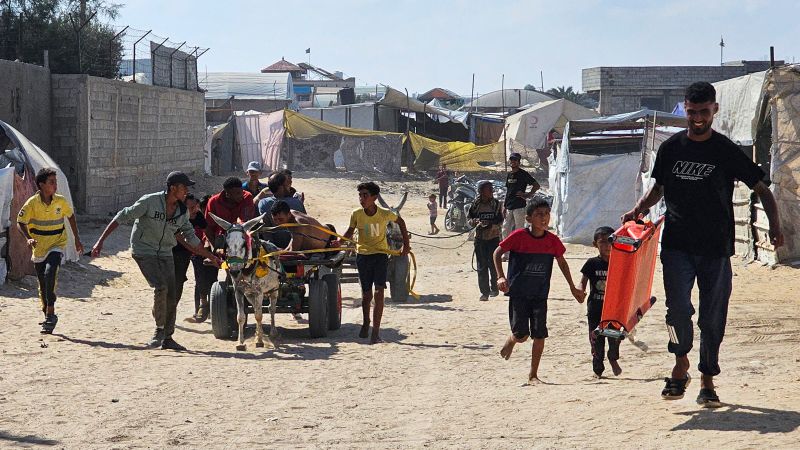The Moral Imperative of Global Health: Why Compassion Drives Our Response to Worldwide Crises

Craig Spencer's recent essay, “Why We Risk Ourselves to Care for Others,” resonated deeply with many, sparking a powerful reminder of the ethical foundation underpinning global health initiatives. It’s a sentiment that moves beyond statistics and policy debates, tapping into the fundamental human connection that compels us to act in the face of suffering, regardless of geographical boundaries.
Dr. Spencer's account, detailing the personal risks and sacrifices undertaken by healthcare professionals working in challenging environments, highlights a crucial point: global health isn't merely a matter of resource allocation or disease prevention; it’s a moral obligation. It’s about recognizing the inherent dignity and worth of every human being and responding to their needs with compassion and a commitment to justice.
The arguments for global health often center around pragmatic concerns—preventing pandemics, promoting economic stability, and ensuring global security. While these are undeniably important, they can sometimes overshadow the deeper, more profound ethical considerations. Dr. Spencer’s essay serves as a potent antidote to this, reminding us that our actions are driven, at their core, by a sense of shared humanity.
Consider the frontline workers battling outbreaks in remote regions, the researchers tirelessly searching for cures, and the aid organizations providing essential services. They face immense challenges—limited resources, dangerous conditions, and emotional toll—yet they persevere, motivated by a deep-seated belief in the importance of their work. Their dedication isn't solely about professional duty; it’s about empathy—the ability to understand and share the feelings of others—and a commitment to justice—the principle of fairness and equality for all.
However, simply acknowledging the moral imperative isn't enough. We must translate this understanding into concrete action. This means advocating for increased funding for global health programs, supporting organizations working on the front lines, and challenging systemic inequalities that exacerbate health disparities. It also requires fostering a culture of global citizenship, where individuals recognize their interconnectedness and feel a sense of responsibility for the well-being of others.
The COVID-19 pandemic starkly illustrated the fragility of global health systems and the interconnectedness of our world. It exposed vulnerabilities in preparedness, response, and equitable access to healthcare. But it also demonstrated the resilience and compassion of healthcare professionals and the power of collective action. As we move forward, we must learn from these experiences and redouble our efforts to build a more just and equitable world for all.
Dr. Spencer’s essay is a call to action—a reminder that global health is not just a policy issue; it’s a moral imperative. It’s a call to embrace our shared humanity and to act with compassion and justice in the face of worldwide crises. Let us heed this call and work together to create a world where everyone has the opportunity to live a healthy and fulfilling life.






